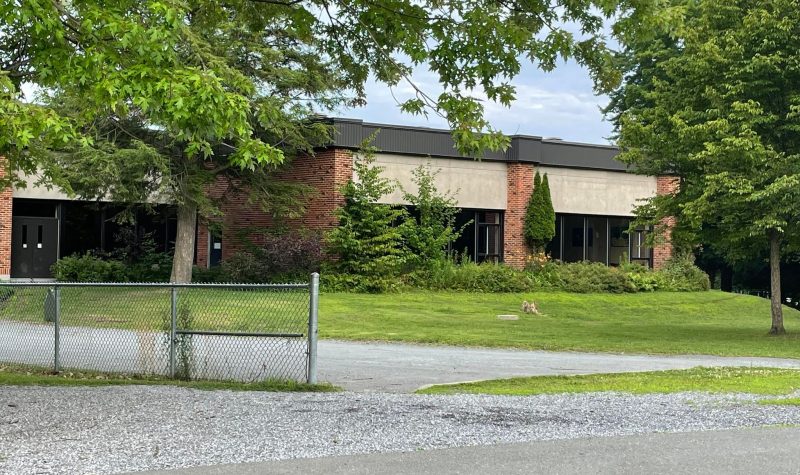At the end of August, the Eastern Townships School Board (ETSB) sent out a letter explaining to parents that contract negotiations to ensure that students, particularly in the western sector of the ETSB, have access to bus transportation are still ongoing. The ETSB contracts independent carriers for the western sector of its territory while it serves the eastern sector with its own employees and buses.
As a result, schools such as Massey-Vanier High School, Butler Elementary School, Farnham Elementary School, Heroes’ Memorial Elementary School, Knowlton Academy, Mansonville Elementary School, Parkview Elementary School, Sutton Elementary School and Waterloo Elementary School may not have access to school transportation for the 2022-2023 school year.
The situation has sparked concern amongst parents and the school board, both of whom are waiting on the provincial government to reach an agreement with transport carriers. Chairman for the ETSB Michael Murray explained that while the situation is complex, it comes down to an increase in operating costs for transport carriers and what he believes is a lack of communication between government departments.
For the time being, the ETSB made arrangements with carriers to provide students transport up until the week of September 23 in hopes that negotiations will come to a close before then.
“It’s no surprise that the contracts for bussing expired on June 30th at the end of the last school year,” said Murray. “(…) The issue was complicated by different ministries having different objectives.”
Murray explained that at the beginning of this year, the Ministry of Transport announced that all new buses purchased by bus contractors must be electric.
“They cost about $75,000 more than the diesel buses we have been using up until now. The cost of replacement buses has shot up and in addition to that, each of those buses needs a special high-powered charging station for the big batteries they have and those charging stations are expensive as well,” mentioned Murray.
The government’s decision to commit to going green resulted in bus contractors facing an increase in operating costs.
“They may not have mentioned that to the Ministry of Education, I don’t know. But in any case, when negotiations did begin, two parties were very far apart because the bus contractors needed to have enough of an increase in their budgets to cover both the normal costs of operations and these new additional costs,” explained Murray.
Murray noted that all negotiations involving money operate through the Treasury Board, a third ministry apart from the Ministry of Transport and Ministry of Education.
“I think a lack of communication is probably the basic issue. The government has committed to promoting green solutions and the electric buses are a part of that. (…) Meanwhile, the Ministry of Education sketched out its budget, I presume, for school transportation without taking any of this into consideration. When the Treasury Board began to look at the distinction, the first reaction was shock that the bus contractors were looking for such a large increase in their fees,” explained Murray.
Compounded by inflation, Murray said that he understands the contractor’s concerns, but that the money aspect is out of the board’s hands. In the meantime, the ETSB and the contractors have come to a temporary agreement.
“Right now, we are on a temporary extension. As of last Friday, our bus contractors agreed that they would begin operations on a normal basis, but only until September 23. That gives us approximately three weeks to arrive at a final settlement,’’ he explained. “(…) Then if they haven’t reached an agreement, they are free to, this isn’t really a strike, but a cessation of services because they have no contract.”
Murray said that he recognizes that it’s not possible for all parents to transport their children to school.
“If the 23rd arrives without a settlement from the government, we’ll have to find another temporary solution somehow. We do not want to inflict the stress on families of not having transportation or finding alternative transportation, which may mean missing work or otherwise,” emphasized Murray.
Listen to the full interview below:


